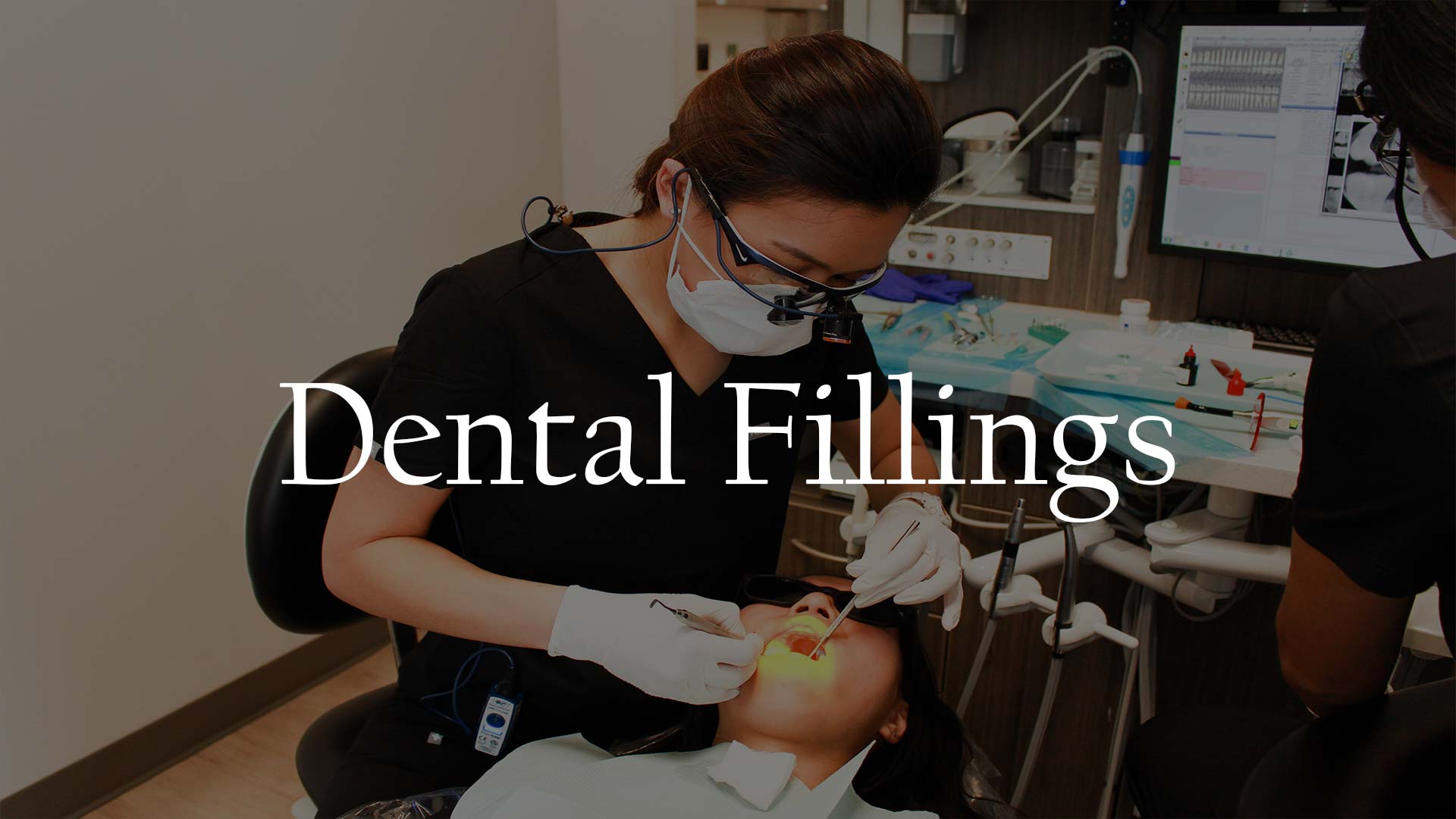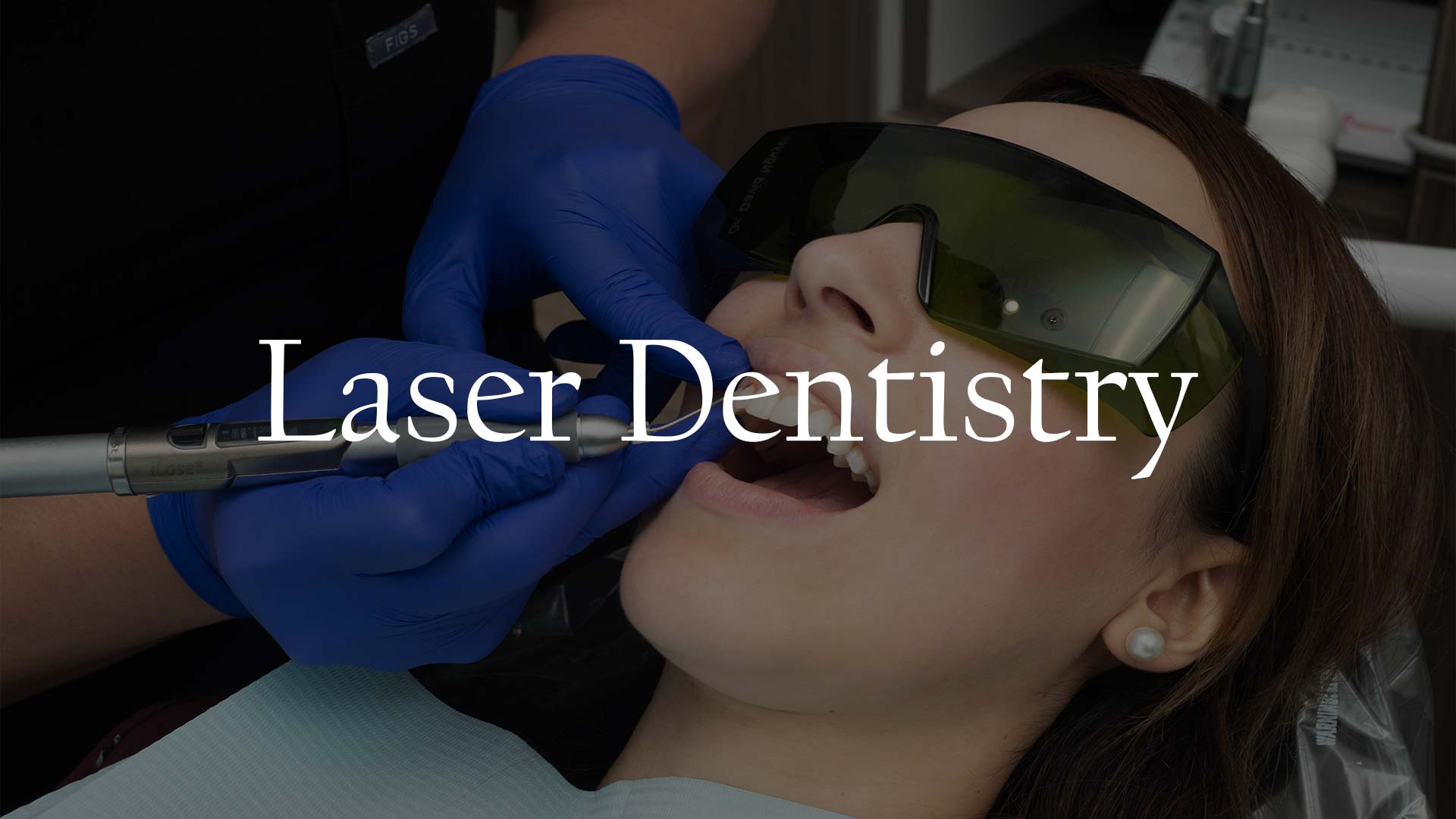How Long do Dental Fillings in Houston Typically Last?
A bright and healthy smile is a source of confidence and overall well-being. One essential aspect of maintaining oral health is addressing dental cavities and tooth decay through dental fillings. In the bustling city of Houston, dental fillings are a common procedure that can restore the structure and function of a tooth. Patients often wonder about the longevity of these dental fillings and how they can extend their lifespan. In this comprehensive guide, we will explore the factors affecting the durability of dental fillings in Houston, with a focus on dental fillings Houston.
Understanding Dental Fillings
Dental fillings are restorative materials used to repair teeth affected by cavities or decay. These fillings serve to seal the damaged tooth, preventing further decay and restoring its normal function. In Houston, dental fillings are commonly used to address oral health issues and maintain a beautiful, healthy smile.

Types of Dental Fillings
There are several types of dental fillings available in Houston, each with its unique characteristics. The most common types include:
- Amalgam Fillings: These silver-colored fillings consist of a blend of metals, including mercury, silver, tin, and copper. Amalgam fillings are durable and have been used for decades.
- Composite Fillings: Composite fillings are tooth-colored and made from a mixture of resin and fine glass particles. They blend seamlessly with the natural tooth color, making them a popular choice for cosmetic reasons.
- Ceramic Fillings: Ceramic fillings, often referred to as inlays or onlays, are made from porcelain and provide an excellent aesthetic match with natural teeth. They are highly durable and resistant to staining.
- Glass Ionomer Fillings: These fillings are made from a mixture of acrylic and glass. They are often used in children or for small fillings near the gum line due to their natural appearance.
Factors Affecting the Longevity of Dental Fillings
The lifespan of dental fillings in Houston can vary depending on multiple factors. Understanding these factors is crucial for extending the durability of your fillings:
- Material Choice: The type of filling material used can significantly impact its longevity. Amalgam fillings tend to be more durable, while composite and ceramic fillings may require replacement sooner.
- Oral Hygiene: Maintaining good oral hygiene practices is essential for the longevity of dental fillings. Regular brushing, flossing, and dental check-ups can prevent decay around the filling.
- Diet: A diet high in sugary and acidic foods can accelerate the deterioration of dental fillings. Minimizing the consumption of such foods can help prolong the life of your fillings.
- Bruxism (Teeth Grinding): Teeth grinding, or bruxism, can put excessive pressure on dental fillings, leading to wear and damage. Wearing a nightguard can protect your fillings if you grind your teeth while sleeping.
- Cavity Size and Location: The size and location of the cavity being filled can impact the lifespan of the filling. Fillings in areas of high pressure and constant use may wear out more quickly.
- Professional Expertise: The skill and experience of the dentist performing the filling procedure are critical. A well-placed filling is more likely to last longer.

Laser Dentistry: A Modern Approach to Dental Fillings
In recent years, Houston has witnessed the rise of advanced dental techniques, including Laser Dentistry. Laser technology has revolutionized the field of dental fillings, offering several advantages that can extend the lifespan of your fillings.
- Minimal Invasive Procedures: Laser Dentistry allows for minimally invasive procedures, preserving more of the natural tooth structure. This leads to a more durable filling and less need for future replacements.
- Reduced Discomfort: Laser Dentistry is virtually painless, reducing the stress and discomfort often associated with traditional drilling methods.
- Enhanced Precision: Laser technology provides dentists with precise control, resulting in well-fitted fillings that have a longer lifespan.
- Improved Bonding: Lasers promote better bonding between the filling material and the tooth, reducing the risk of leakage and secondary decay.
Extending the Lifespan of Dental Fillings in Houston
To maximize the longevity of your dental fillings in Houston, consider the following tips:
- Maintain Regular Dental Check-ups: Visit your dentist in Houston for routine check-ups and professional cleanings. Early detection of potential issues can prevent further damage to your fillings.
- Practice Good Oral Hygiene: Brush your teeth at least twice a day, floss regularly, and use an antimicrobial mouthwash to prevent the accumulation of bacteria that can compromise the integrity of your fillings.
- Monitor Your Diet: Be mindful of your diet and avoid excessive consumption of sugary and acidic foods and beverages.
- Wear a Nightguard: If you grind your teeth at night, consult your dentist about wearing a nightguard to protect your fillings.
- Consider Laser Dentistry: Explore the benefits of Laser Dentistry when getting dental fillings. Laser technology can offer longer-lasting and less invasive treatments.
Conclusion:
Dental fillings are essential for maintaining oral health and preserving the integrity of your teeth. The longevity of dental fillings in Houston depends on various factors, including the type of filling material, oral hygiene, diet, and the expertise of your dentist. Laser Dentistry, a modern approach to dental procedures, can also contribute to the longevity of your fillings by offering precise, minimally invasive, and virtually painless treatments.
By understanding the factors that affect the lifespan of dental fillings and following the recommended tips for maintenance, you can enjoy a beautiful and healthy smile for years to come. In the vibrant city of Houston, dental fillings are a gateway to oral health and self-confidence, and with the right care, they can last a lifetime.
Comments
Post a Comment